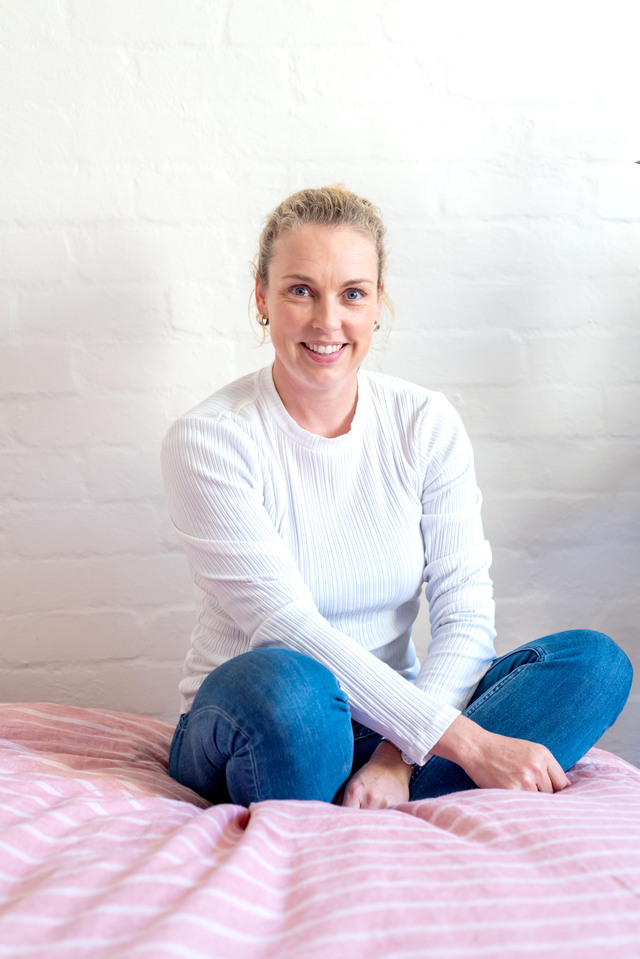Kids need to find their flow.
And no, that’s not in the yoga sense. It’s about being completely immersed in an activity and fully present in the moment, when they’re so engaged that time just disappears.
It’s an incredible feeling, and it seems like kids today don’t get to enjoy it nearly enough.
Children are busier than ever before. Their schedules are jam-packed with numerous extra-curricular activities, such as sporting commitments, music lessons, and homework tasks, leaving them with little, if any, downtime.
This overstimulation is having a significant impact on children’s nervous systems which, if not addressed, might lead to various symptoms, including anxiety, difficulty concentrating, reduced sleep quality, increased worrying thoughts and irritability, and so much more.
As teachers, we are seeing this firsthand.
Kids are constantly coming to school exhausted after a weekend of non-stop activities.
This affects their ability to learn, problem solve, interact with their peers positively, and simply enjoy being a kid.
Even if, and when, there’s a moment of quiet, kids often struggle to just ‘be’, frequently complaining of being bored and turning to their iPads as a distraction.
Remember when children used their imagination and cherished the joy of imaginative play? They would spend hours playing outside, dressing up, making up plays, or losing themselves in building forts or indoor cubby houses, without any external pressures, worries, or judgements. They could truly be themselves.
And not only are periods of downtime extremely enjoyable, research has shown that unstructured play is highly important for a child’s development, enhancing self-awareness, resilience, problem solving, and creativity.
Whilst there are numerous benefits to involving kids in structured activities – such as fostering social connections, building teamwork skills, and increasing independence – it’s important to consider at what point this overstimulation might lead to burnout, shifting from having a positive impact to a negative effect on a child’s overall wellbeing.
As adults and carers of children, we need to give kids a balance of structured activities and unstructured downtime.
We need to allow them to find their flow, immerse themselves in play, and, ultimately, provide opportunities for kids to just be kids.
Fiona is an experienced primary school teacher with a passion for student wellbeing.
She runs mindfulness programs to equip primary school-aged children with mindfulness strategies to help them lead healthier and happier lives.
Find more from Fiona at mindfulness4kids.com.au or search Mindfulness 4 Kids on Instagram or Facebook.








